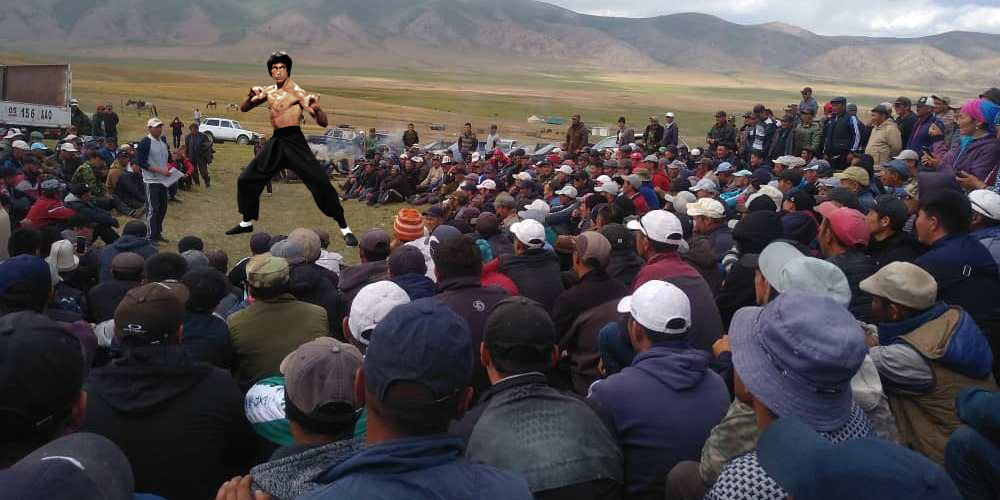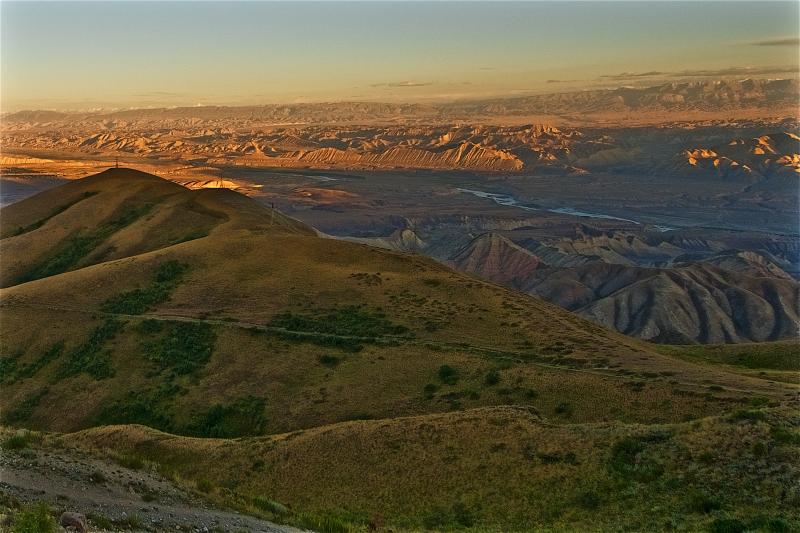Recently, Kyrgyz state authorities have found themselves repeatedly refuting various sources of information, ranging from articles in obscure online publications to viral WhatsApp chain messages. The situation has grown so ludicrous that journalists jest about the government soon having to deny graffiti on public walls.
In late August, a speculative piece was published on the website centralasia.news. Quoting expert Mederbek Korganbaev, it hypothesized that following the incidents in Solton-Sary, China might seek to influence the Kyrgyzstan parliament to pass legislation that would allow Chinese investors to hire private Chinese security firms for deposit protection. The article further suggested these firms might be equipped with «non-lethal and service weapons, as well as special equipment.»
To anyone with even a rudimentary understanding of Kyrgyz politics, this proposition appears outlandish. A politician proposing such legislation would essentially be signing their political death warrant. However, instead of simply ignoring this dubious «news», it was addressed directly — and not by just anyone, but by the government itself.
On August 26, 2019, the government issued a statement denying the likelihood of Chinese security agencies getting involved in protecting Chinese investors. This was a puzzling response as the original article was not reporting factual information but rather the speculation of a relatively unknown expert. Additionally, given the prevailing level of distrust in official statements, refutations often result in the spread of the rumour they seek to quash. However, this is not the crux of the issue.
The key takeaway from this scenario is that the expert’s wild speculation inadvertently highlighted a longstanding concern within the Kyrgyzstan mining industry: the inability of local security forces to adequately protect investors. In private discussions, mine owners have repeatedly expressed a wish for a robust «investment special forces» system capable of responding decisively to aggression and theft by local residents.
The issue of looting at mining sites is compounded by the fact that the officers in the Regional Department of Internal Affairs (ROVD) are primarily locals. Expecting them to confront the unruly behaviour of their fellow villagers is unrealistic. At best, they detain the more aggressive individuals until they calm down, often releasing them before the entire village gathers at the ROVD gates, threatening to wreak havoc unless their compatriots are immediately freed.
In its attempt to combat misinformation, the government has stated that it is contemplating the establishment of a specialized department for the protection of deposits and industrial facilities (UOMPO) under the Ministry of Internal Affairs, specifically to safeguard mining companies from incidents like the one in Solton-Sary. The mining entrepreneurs we spoke to received this news with cautious optimism, but they were far from enthusiastic.
Imagine a situation where police officers from a different region are deployed to the site, only to face 200 individuals from a neighbouring village, intoxicated and wielding makeshift weapons, ready for conflict. What course of action will law enforcement take? Detain the troublemakers? But how many can they manage to transport away in their vehicles? And what becomes of the mining company’s employees once the visiting police officers depart with the detainees? Moreover, where are they taking them? Taking them to the local police station is out of the question, as they would likely be forcibly released by the villagers.
Regrettably, there are no clear answers to these questions. The aggressive and unchecked behaviour of the village rioters won’t simply cease to exist. For investors to peacefully conduct their operations, there is a need for political resolve to enforce law and order. Until that happens, misinformation like the rumour of Chinese special forces arriving in the fields will continue to flourish.
Clarification
As per the law enacted on July 1, 1996, No. 35 “On private detective and security activities in the Kyrgyz Republic”, private security activities do not require a license. To provide security services, one merely needs to register a legal entity with the appropriate statutory objectives.
There are no nationality restrictions for private security personnel. A Chinese citizen can serve as a security guard, given they have a residence permit in the Kyrgyz Republic and have undergone the necessary training.
As per the law, security guards have the right to use special measures to counteract an attack that directly threatens their life and health, and to prevent a crime against the property they are safeguarding, particularly if the offender resists.
The law also permits a guard to use firearms to repel an attack when their life is in immediate danger, to fend off a group or an armed attack on protected property, to fire warning shots, and to sound an alarm or call for help.





